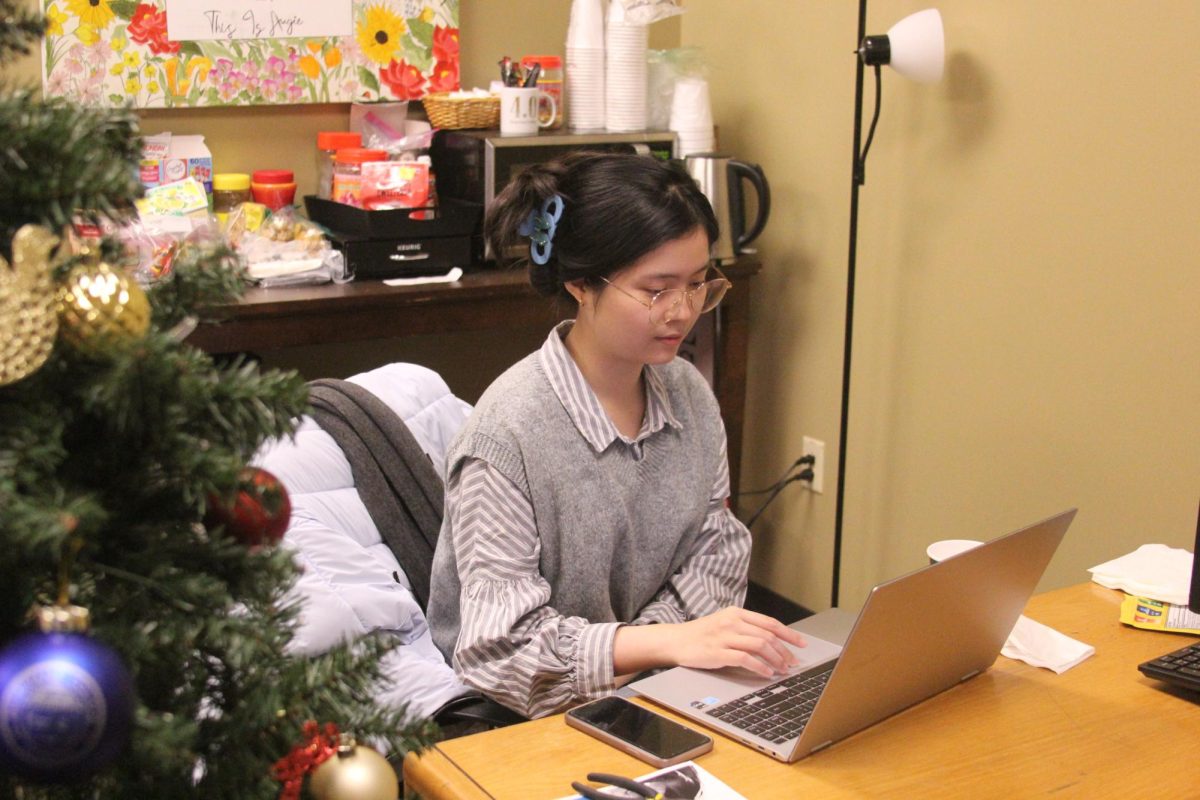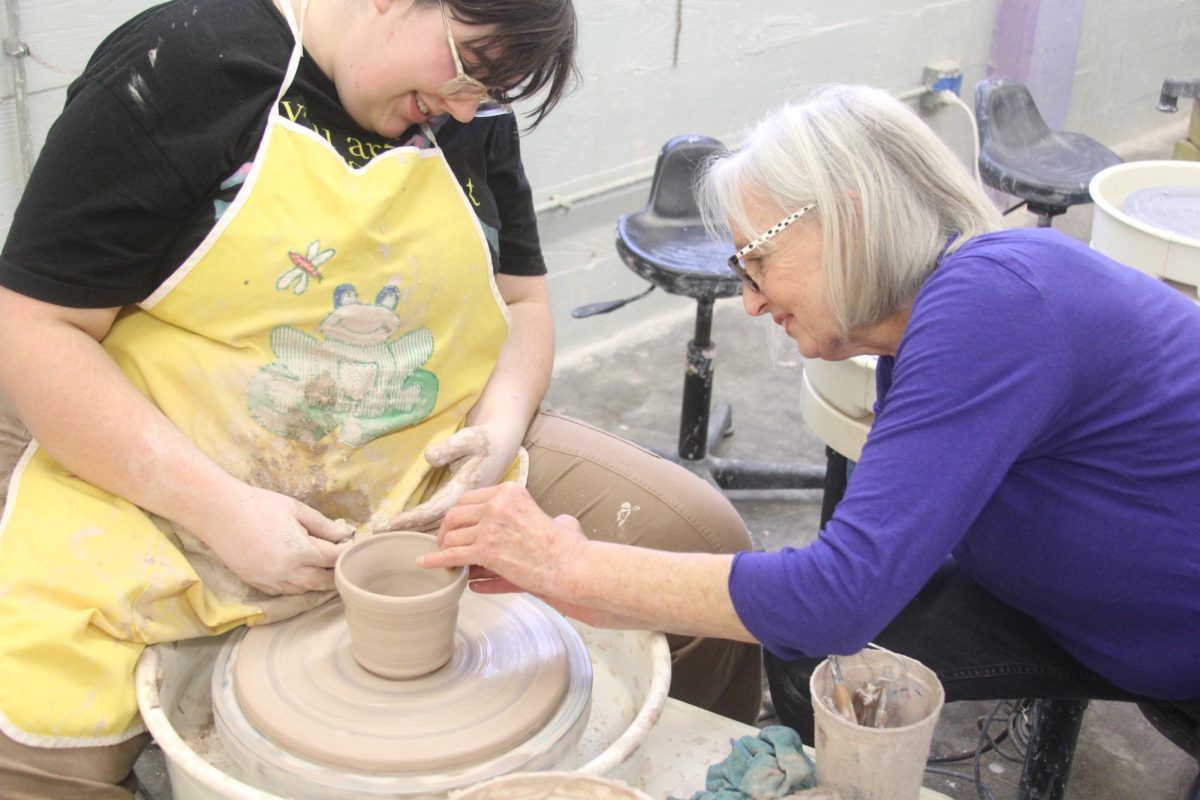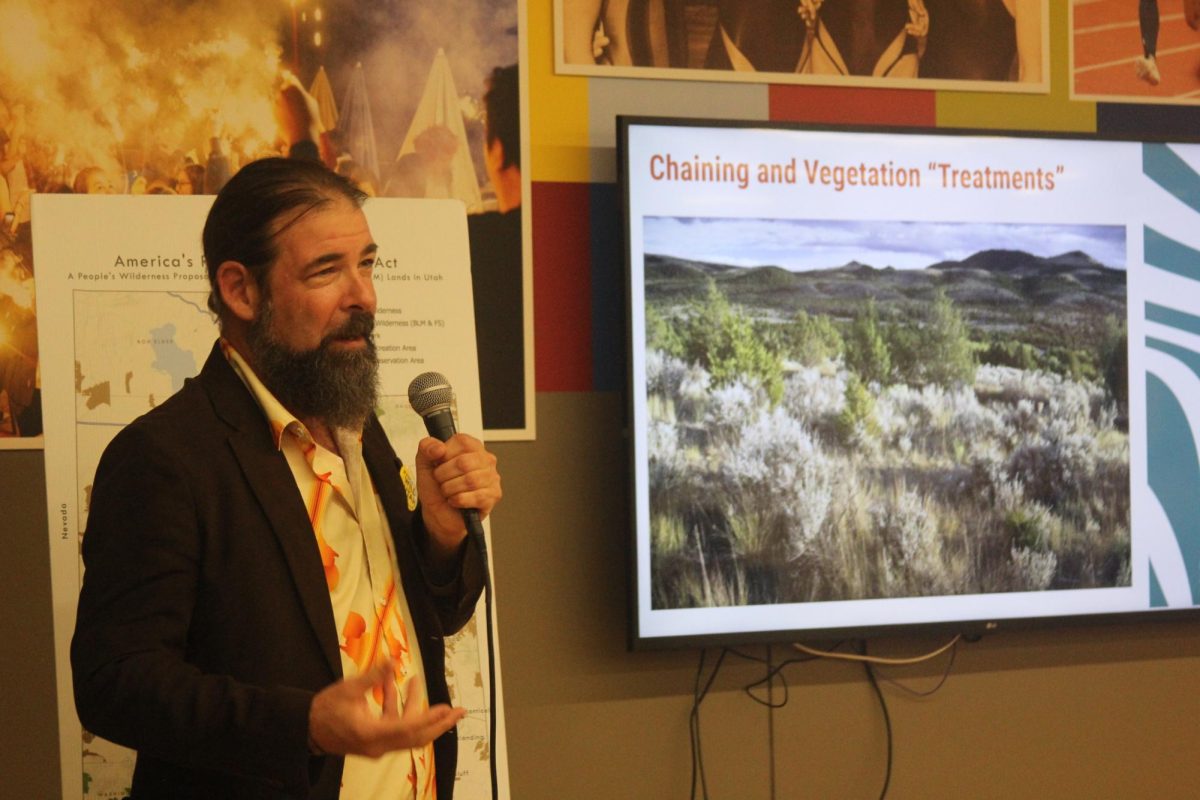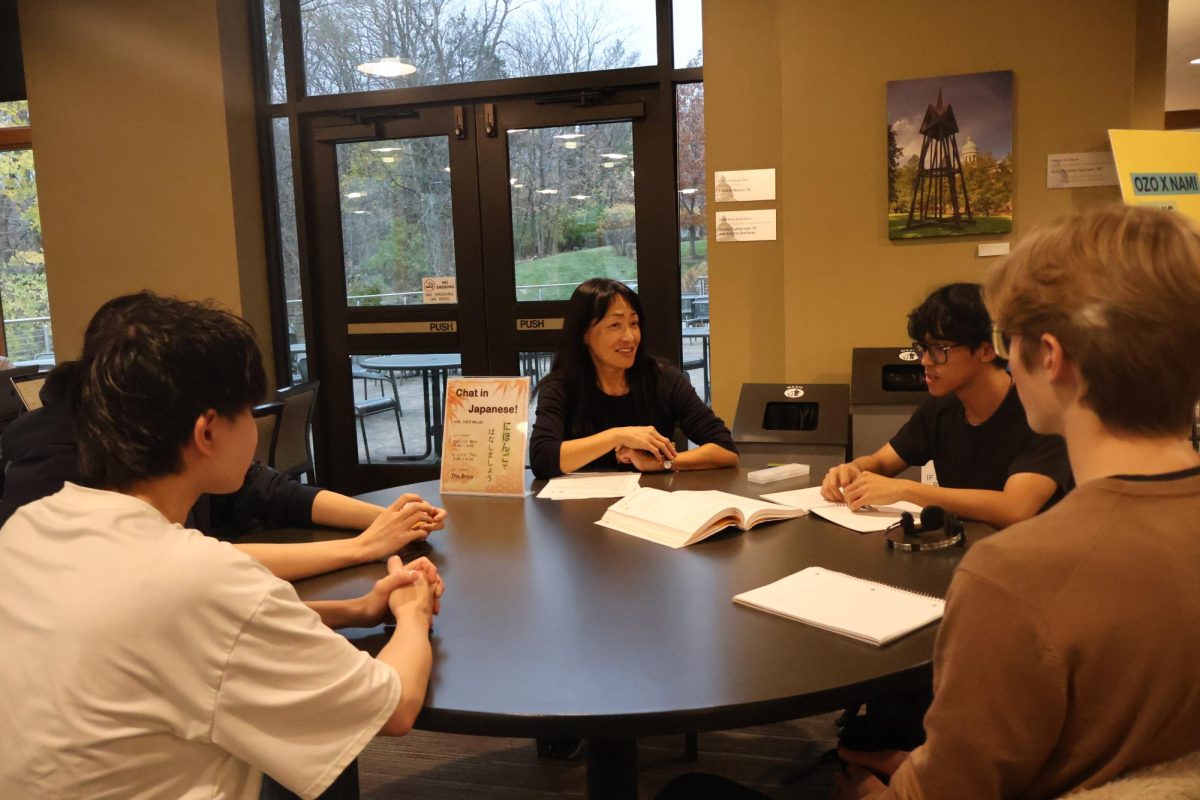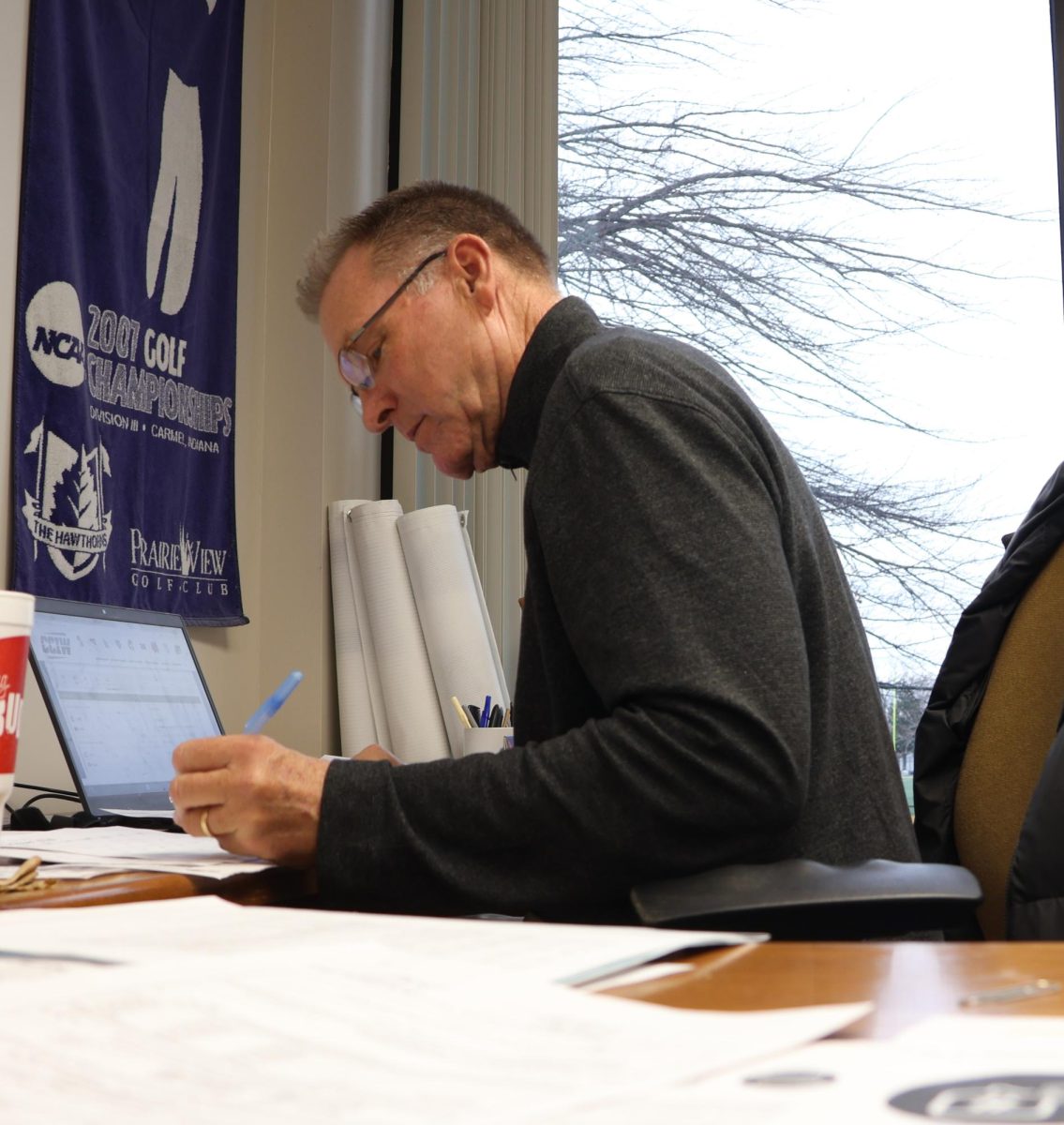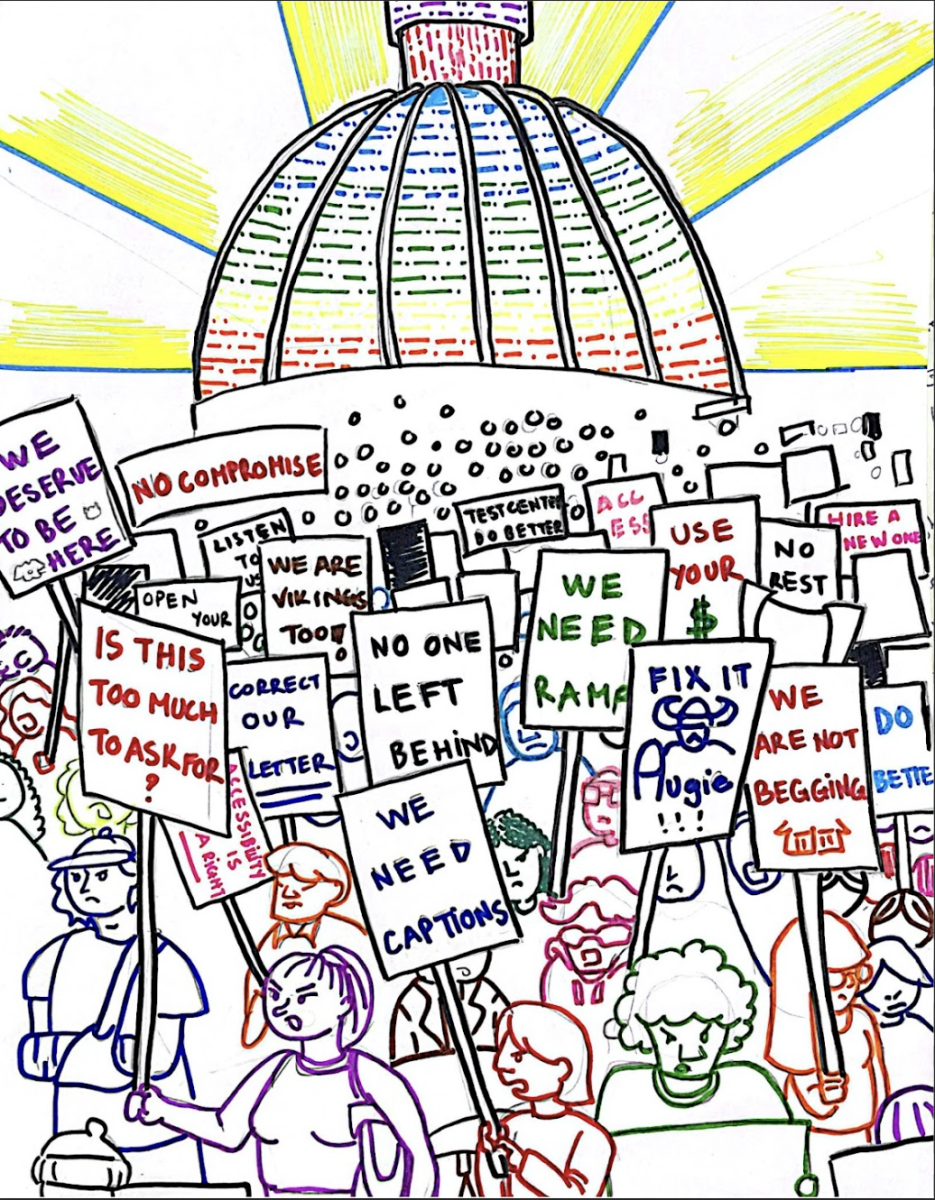I wasn’t exactly a normal kid. I learned to speak early, and from there it only intensified. On long road trips across the country, I would talk the entire time. I had unique interests. My parents brought me to Chinatown because I was obsessed with China. Every time we went to the store, I made them take me down the vacuum aisle. I was quiet around my cousins but had friends in school. They didn’t think I was normal, but they liked that I was different.
By the end of high school, I had taken calculus as a sophomore, spent more hours than I could count on piano and folded multiple 90-piece origami icosahedrons. I spoke Slovak with my grandma and Lithuanian with my piano teacher. My success in some areas temporarily masked a grating problem in my life: autism.
Noises made me angry. I couldn’t control the volume of my voice. I was quiet at weddings and embarrassed my family. I couldn’t understand why people called me blunt. I struggled to stop talking once I started talking. I couldn’t control the intensity of my thoughts, emotions or hunger. I got in trouble over and over.
For years I fought this reality. Piece by piece my world fell apart until I could no longer hide. Now I accept the problems I face, which has only made it easier to address them. I don’t miss the denial, shame and confusion from before.
One Augustana student I talked to, who asked to remain anonymous, had the same experience: she was diagnosed at four but never told.
“I always knew there was something a little different about me,” she said. “I realized first that I had a sensory processing disorder. When I was 17, I finally confronted my mom about it.”
She learned her parents had known her diagnosis, but had kept it from her. Growing up, she was not able to understand why she was different. Her parents kept the diagnosis not only from her but also her school. They didn’t want her to be treated differently or to believe she was different.
“I was just stuck thinking I was broken,” she said. “My friends can do this, why can’t I? My family members can do this, why can’t I? I didn’t understand why I was only into one thing.”
Her parents did not know how to bring the subject up.
“I disagree with a lot of the reasons my mom gave for not telling me, but I understand why she was afraid,” she said. “I understand why she was scared of telling me and telling other people.”
Finding out at 17 was a shock, but in the end the news paved the way to a better life.
“I try not to think about it too much just because I’m glad I now have the resources,” she said. “I was able to look up a lot more helpful ideas for how to manage it in school and in social life and how to advocate for myself.”
She said she has found ways to manage her disability.
“Setting a routine has been really helpful,” she said. “Staying up late into the night has been another coping mechanism.”
People with autism tend to like routines and they also tend to be productive at night, when they are alone. She said that while high school was difficult, it did show her how to handle problems. And with that knowledge, college has been much better.
“As a school, [Augustana] has been a fantastic experience for me,” she said. “I [knew] I needed a small school. I needed the community that it provides.”
Another student was diagnosed with ADHD and later autism. He too shared that it’s possible to manage with the right habits.
“As you get older, you know more so how to deal with it,” he said. “I wouldn’t say it’s a big drawback, but it does pose challenges.”
People with autism tend to make less eye contact, and people with ADHD tend to struggle with that as well.
“[People] see your eyes drifting and they think you’re not paying attention,” he said.
ADHD makes it difficult to focus at times, but at other times it can have the opposite effect. The student said he finds it easy to focus when painting or playing sports.
“It’s all about finding a balance of things you know that make you happy and can alleviate stress,” he said.
He was homeschooled for most of his life and said the structure of homeschooling is more like the structure of college, which ultimately gave him an advantage. Traditional high school, on the other hand, is more rigid.
“In terms of going to class back to back … from eight to three, without the knowledge I have as an adult, it would have definitely posed issues,” he said.
Bill Iavarone, director of counseling services, has worked with students who have autism and described how it shapes their experience at school.
“They probably have a lot of skills that make them look like they’re going to be really successful in school,” Iavarone said. “But school isn’t just about scholarship.”
Like the two students I spoke to, he said that over time, people learn to handle their challenges. “The symptoms don’t go away, but they’ve learned to manage them,” Iavarone said.
Autism as a diagnosis has changed over time. In 2013, Asperger’s was recognized as a form of autism. Hans Asperger, a Nazi-era scientist, studied whether autism makes a person “inferior,” which Edith Sheffer writes about in her book, Asperger’s Children. Scientists at that time went to great lengths to uncover what makes a person “pure.” Over 200,000 people with disabilities were killed in the Holocaust. They were referred to as “life unworthy of life.”
We have come a long way from that time, but things could still be better. People rarely talk about autism, which reflects our poor understanding.
Students at Augie could do at least one thing better, too. We should accept people for who they are, not laugh at them for being different.
I am happy I found out why I am the way I am. Understanding my struggles has only made it easier to address them.


